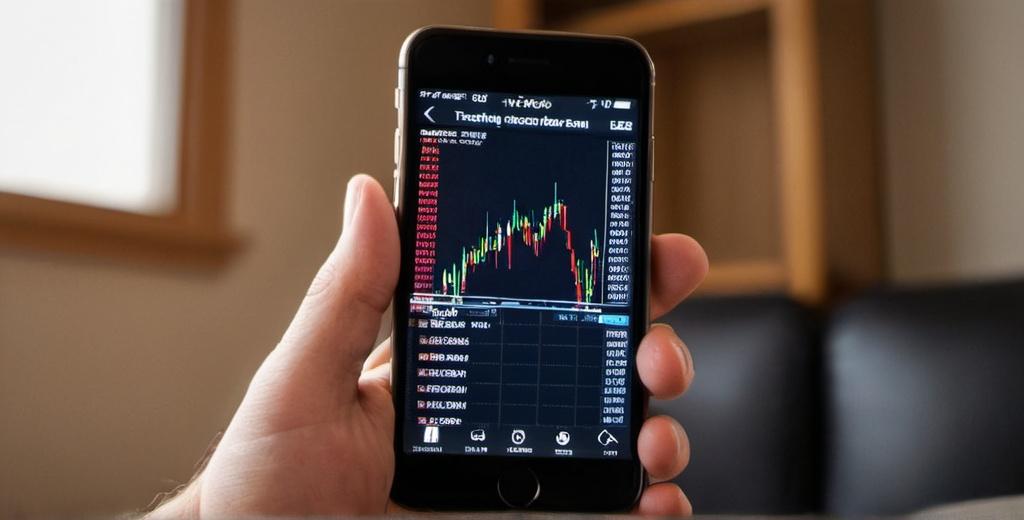Contents
Binary options trading in Central America operates in an unregulated environment. Across countries like Guatemala, El Salvador, Honduras, Nicaragua, Costa Rica, and Panama, no financial authority directly supervises or licenses binary options activity. While these jurisdictions regulate traditional securities and banking services to varying degrees, binary options are either overlooked or treated as unclassified speculative products.
Because of this regulatory gap, all access to binary options in the region comes through offshore brokers. These platforms function without local oversight, offering services to retail users who often lack formal protections, enforceable rights, or reliable dispute channels.

Legal Status and Regulatory Oversight
There are no specific laws in Central America that ban binary options outright. However, national financial regulators across the region have not approved any local brokers to operate in this space. That includes:
- Guatemala’s Superintendencia de Bancos
- Costa Rica’s SUGEF and SUGEVAL
- El Salvador’s Superintendencia del Sistema Financiero
- Panama’s SMV
These agencies focus primarily on banking, insurance, pension management, and traditional capital markets. Binary options fall outside their frameworks, leaving traders exposed to foreign broker practices.
This has led to a trading environment that is technically legal but entirely unregulated. Platforms can advertise freely, accept deposits, and close accounts without oversight, creating high risk for retail participants.
For current access options and region-specific platform details, this resource on the best binary options broker in Central America outlines what traders in the region are using and how offshore brokers are handling cross-border accounts.
Platform Access and Trading Mechanics
Offshore brokers accepting Central American clients are typically registered in loosely regulated jurisdictions like the Marshall Islands, St. Vincent and the Grenadines, or Cyprus. These platforms are not accountable to any authority in Central America and generally operate under their own internal terms.
Account creation is simple—usually requiring an email address, photo ID, and basic KYC. Verification processes are inconsistent. In many cases, traders can begin depositing and trading before any documentation is confirmed, although withdrawals may later be blocked until full identity checks are completed.
Mobile access is key. Most trading is done through smartphone apps, often supported with a Spanish-language interface and customer service via Telegram or WhatsApp. Some brokers also use local payment intermediaries to simplify deposits, though this is more common in Panama and Costa Rica than in lower-income markets.
Funding and Withdrawals
Local payment infrastructure in Central America is fragmented. Major challenges include limited access to international credit cards, underdeveloped bank networks, and inconsistent support for digital wallets. As a result, the dominant funding method is cryptocurrency—primarily stablecoins like USDT and tokens like Bitcoin.
Traders usually purchase crypto through local peer-to-peer exchanges or mobile remittance platforms. From there, deposits are made directly to broker-controlled wallets. Withdrawals, if processed, follow the same route but are subject to platform terms, delays, and minimum thresholds.
Complaints from the region typically involve withdrawal restrictions—either due to bonus requirements, incomplete KYC, or “compliance checks” invoked after profitable trading activity.
Trading Behaviour and Use Trends
Short-term speculation is the norm. Most users trade 1-minute to 15-minute expiry contracts on currency pairs like EUR/USD, GBP/USD, and USD/JPY. Some platforms also offer commodities and synthetic indices, but forex remains the most traded asset class in the region.
Strategy development is limited. Traders rely heavily on social media signals, local influencers, and Telegram-based affiliate networks. Few users run structured backtests or apply capital management systems, which contributes to high turnover rates and frequent account loss.
Community behaviour is informal. Signal groups often promote aggressive marketing, promising “guaranteed profits” or fast withdrawals, usually in exchange for signups through affiliate links. Broker reputations are rarely verified, and many traders sign up based on referrals alone.
Risk and Broker Conduct
Without regulation, traders in Central America face high levels of platform risk:
- Trade execution is not verifiable. Price feeds may be proprietary, and expiry logic is rarely explained.
- Bonus terms often block withdrawals. Traders who accept sign-up bonuses must complete unrealistic trade volume to unlock payouts.
- Account freezes are common after wins. Some brokers cite security checks or compliance reviews to delay or deny access to funds.
- Customer support is inconsistent or non-existent. Many platforms only offer email-based service or slow, bot-driven chat support.
Scam brokers are active in the region. These platforms may operate for months with aggressive affiliate marketing, then disappear without notice, taking user deposits with them.
Market Outlook
Binary options trading in Central America is likely to continue as an offshore-only activity. There is little momentum for regulatory development in this space, and most financial agencies are focused on credit systems, banking access, and remittance controls. Speculative derivatives are not a priority, and enforcement against offshore brokers is unlikely.
The current structure—unlicensed access, crypto funding, informal marketing—is stable but risky. Traders who participate must assume full responsibility for their funds, platform selection, and account security. There are no protections if a broker fails, and no authority to appeal if withdrawals are withheld or trades are reversed.
While the barriers to entry remain low, the barriers to success are high. Binary options are accessible, but the environment in Central America favours brokers—not traders.
